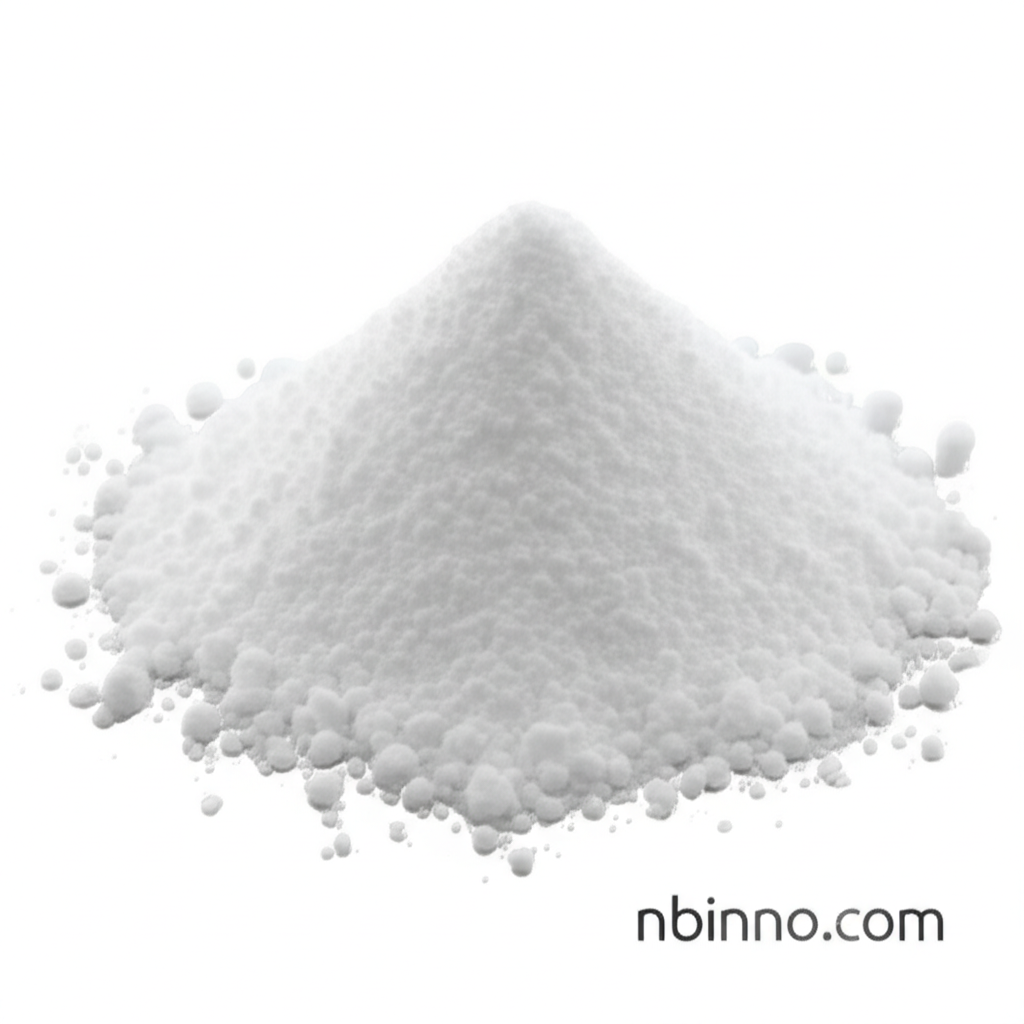Microcrystalline Cellulose: A Versatile Excipient for Pharmaceutical and Food Industries
Discover the indispensable role of Microcrystalline Cellulose in enhancing tablet quality, food texture, and overall product performance.
Get a Quote & SampleProduct Core Value

Microcrystalline Cellulose
Microcrystalline Cellulose (MCC) is a highly refined and purified form of cellulose, renowned for its exceptional utility across the pharmaceutical and food industries. Its unique physicochemical properties make it an indispensable component in numerous formulations, contributing to product stability, efficacy, and consumer appeal. From enhancing tablet compressibility to improving food texture, MCC offers a versatile solution for a wide array of applications.
- Microcrystalline cellulose pharmaceutical excipient properties make it a superior binder, ensuring the structural integrity and durability of tablets and capsules through effective particle cohesion.
- As a key microcrystalline cellulose food additive, it functions as a thickener and stabilizer, imparting desirable textures and maintaining product consistency in various food items.
- The excellent compressibility of MCC, a crucial aspect of its microcrystalline cellulose properties, facilitates direct compression tableting, streamlining manufacturing processes and reducing production costs.
- Its role as a tablet disintegrant, breaking down efficiently in the gastrointestinal tract, significantly impacts drug release and bioavailability, a key benefit derived from understanding its uses of microcrystalline cellulose.
Key Advantages
Enhanced Compressibility
MCC's excellent compressibility, a core among its microcrystalline cellulose properties, allows for efficient direct compression tableting, improving manufacturing speed and reducing costs.
Versatile Functionality
Acting as a binder, filler, and disintegrant, MCC simplifies formulations and reduces the need for multiple excipients, making it a highly adaptable pharmaceutical excipient.
Improved Food Texture
In the food industry, MCC functions as a food additive to improve texture, providing smoothness and stability to products, enhancing consumer appeal.
Key Applications
Pharmaceutical Manufacturing
Utilized extensively as a binder, diluent, and disintegrant for tablets and capsules, contributing to drug efficacy and stability. Understanding microcrystalline cellulose pharmaceutical excipient functions is key here.
Food Industry
Serves as a texture enhancer, stabilizer, and emulsifier in various food products, improving mouthfeel and product integrity, highlighting its role as a microcrystalline cellulose food additive.
Cosmetic Formulations
Acts as a bulking agent and texture enhancer in cosmetic products, leveraging its inert and stable nature.
Nutraceutical Products
Essential for tablet and capsule formulations in the nutraceutical sector, ensuring consistency and manufacturability of dietary supplements, often as a microcrystalline cellulose filler.
